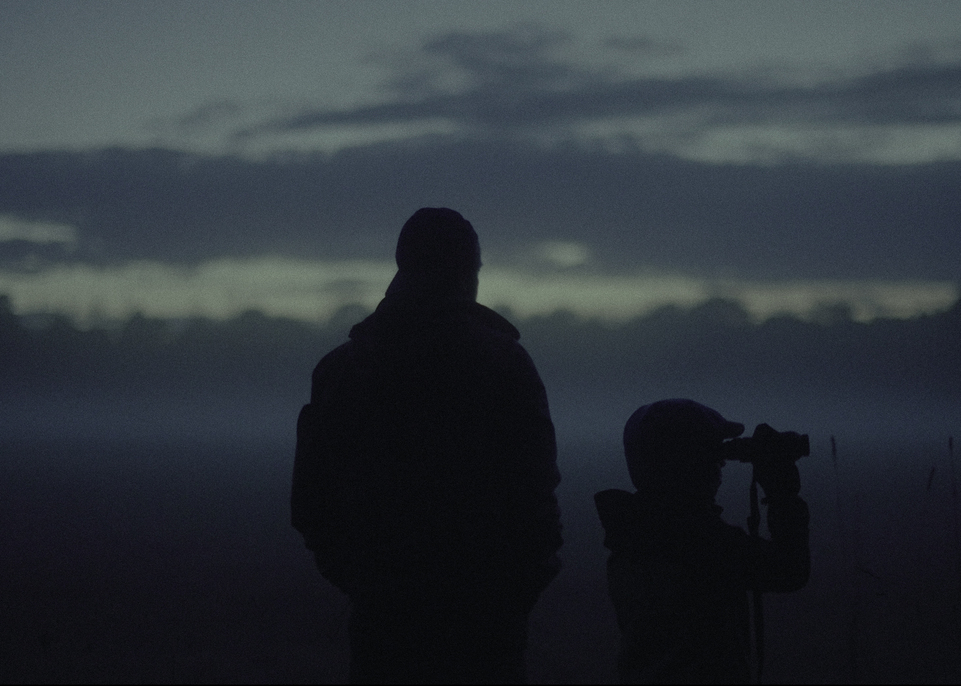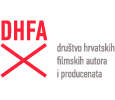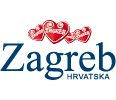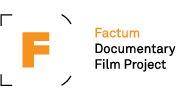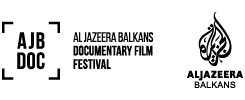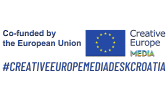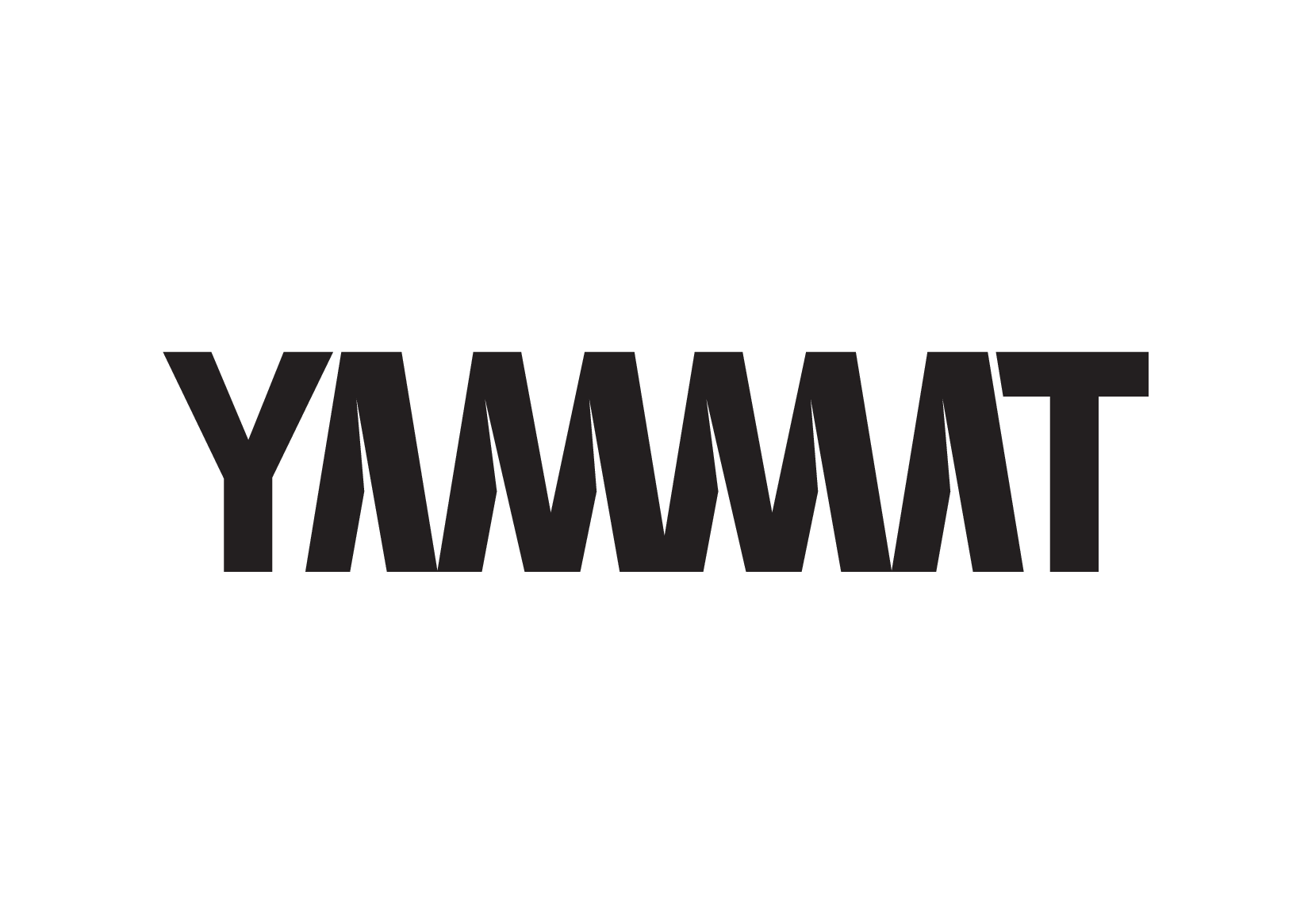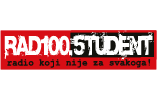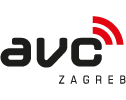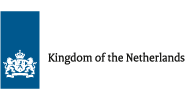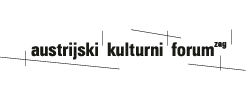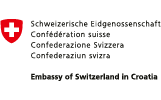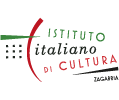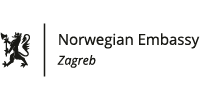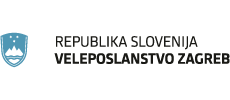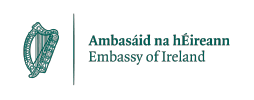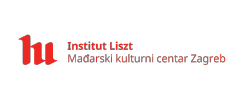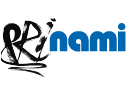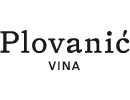Thursday!
3.4.2025.
Josip Reihl-Kir, along the roads of vinyl and YU funk, indie rock Pavements, Twiggy in the eyes of Sadie Frist, the making of Herzog’s Fitzcarraldo, a Ukrainian mother on the front line, a director visiting her dad in the countryside, the dystopian Cuba, the tragedy of modern-day tourism, Mettler’s epic panopticon, Palestine’s wild flowers, a traffic warden’s breakdance, death on the border, modern Swiss soldiers, a famous photo reporter.
After yesterday’s shedding light on complex themes of Yugoslav musical and family memory, military and civilian aspects of the wars in Ukraine and Gaza, male feelings, the northern lights, microplastics, homelessness and the student blockade in Serbia, the 21 st ZagrebDox will screen probably the most anticipated new Croatian film on Thursday – Ivan Ramljak’s Factumentary The Peacemaker (19:30 pm, theatre 1), focusing on the last months of the life of Josip Reihl-Kir, the Osijek police chief murdered in 1991. Based on a screenplay by Drago Hedl and Hrvoje Zovko, testimonies and a rich, mostly never-before-seen archive, ThePeacemaker offers a painful but necessary look into the suffering of a hero, as well as into one of the neuralgic points from the beginning of the war in Croatia. Tickets have long been sold out, and the organiser will inform the public about a possible additional screening later.
Thursday will start at 2 pm in theatre 2 with the difficult topics of exposing the far right. Although it is the second screening of Havana Marking’s controversial doc, this one stands out for the fact that it is free, so there is ‘no excuse’ for passing this important and timely story. At 3 pm, in theatre 4, there will also be a rerun of Lidia Duda’s Forest about the ‘followers of Thoreau’ who, in the circumstances of the migrant crisis, pass themselves off as humanitarians. Another International Competition title, the one about the single motherhood of Victoria Mapplebeck, is screened at the same time, but in theatre 5.
A little later, at 3:30 pm, in theatre 1, the second and last opportunity for Vitaly Mansky’s Iron is dedicated to military equipment in the everyday life of Ukrainians, as well as to ‘poetry and revolution’ in Sudan (Sudan, Remember Us, dir. Hind Meddeb). At the same time, in theatre 3, two more cheerful works are scheduled: Romain Dumont’s Street Light and Luka Popadić’s My Swiss Army. Street Light is a metafilm about the unsuccessful filming of a documentary about a favourite Parisian traffic warden, a ridicule and a breakdancer who loses his job, and Dumont’s intention is also to pay tribute to Iranian cinema. My Swiss Army focuses on officers of the second generation of immigrant families from Serbia, Sri Lanka and Tunisia who contribute to the multicultural part of modern-day Switzerland. The witty and honest film interweaves scenes from everyday life, interviews and archival footage, resisting prejudices about integration, diversity and homeland.
At 4 pm in theatre 2, another screening of the biography of Zoran Predin Praslovan by Slobodan Maksimović is scheduled, and at 5 pm in theatre 4, a student trip to Vukovar (Jozo Schmuch’s Field Trip) and an artistic reminiscence of the director’s father and childhood (Dalija Dozet’s My Dad’s Lessons) can be seen. Also at 5 pm, but in theatre 5, Marching in the Dark by Kinshuk Surjan about an impressive widow and the system of women’s support in India is repeated.
At 5:30 pm (Regional Competition, theatre 1), Renata Lučić, already established in short fiction and documentary films, finally makes her debut with the feature-length work A Year of Endless Days. The film about the relationship between the author and her father is also a story about rural Croatia and its depopulation, loneliness, male friendship and the breakdown of traditional family structures. The unabashedly personal and tender work simultaneously manages to penetrate the psychosocial depths of contemporary Croatia. The director will talk to the audience after the screening.
At 5:30 pm in theatre 3, we will be watching the icon of the 1960s Lesley Lawson, the popular British model, actress and singer Twiggy in the work of the also famous actress, designer and director Sadie Frost. This stellar dive into the archives and testimonies of Paul McCartney, Charlotte Tilbury, Joanna Lumley and the title character explores her upbringing, career, relationships and contribution to the fashion industry. Sadie Frost has announced her participation in a Q&A session after the screening.
At 6 pm in International Competition (theatre 2), Alisa Kovalenko will personally present her own intimate diary My Dear Théo about going to war, friendships, support and deep humanity among her comrades, but also the horror of destruction and concern for the future of the five- year-old son she left behind.
At 7 pm (theatre 4) GEN_ by Gianluca Matarrese about an excellent and unique doctor of artificial insemination and gender transition is rerun, while at the same time in theatre 5 (International Competition) a real Spectacle (dir. Yasmin van Dorp) is being staged, but also Chronicles of the Absurd (dir. Miguel Coyula). Spectacle is a reflective documentary about contemporary tourism, filmed in Norway, Lapland, Turkey, etc., and depicts the shifting of travellers’ focus from experiences to mere recording for social media, as well as the transformation of peaceful landscapes into crowded tourist attractions of alleged ‘authenticity’. The IDFA-awarded Chronicles of the Absurd is a Cuban metafilm of unique appearance (different types of animation, photography, expressionist paintings, feature and documentary segments) about an attempt to shoot a secret dystopian film in a country that bears many characteristics of this subgenre of science fiction hidden from tourists.
Those who do not have a ticket for The Peacemaker at 7:30 pm will surely be in theatre 3 to see At the Door of the House Who Will Come Knocking (Regional Competition). Maja Novaković will personally present the beautifully shot, snow- and ice-bound film, which is primarily centred around a mountain loner.
Peter Mettler’s trilogy continues tonight at 8 pm (theatre 2) with Gambling, Gods and LSD (2002) – another epic journey that takes us from yesterday’s Arctic to Nevada, Switzerland, India and other countries in search of transcendence – from airport evangelism, desert, chemistry, street life, imagination and reality, to the eternal search for ecstasy and happiness, security, faith and broadening of horizons, Mettler offers us a kaleidoscope and Borges’s Aleph of contemporary living.
At 9 pm Alex Ross Perry’s Pavements is an unusual music documentary about the iconic Californian indie rock band from the 90s, which we follow during the preparations for a sold-out comeback tour and the creation of a musical and a Hollywood film. The work of the imposing festival reception simultaneously satirises and celebrates the lazy approach to the career of rock stars, thereby undermining the music establishment that relies on the industrial production of hits. Alternatively, at 9 pm in theatre 5 A Photographic Memory (awarded the American Independent Spirit Award for independent film, as well as at the Chicago festival) is Rachel Elizabeth Seed’s research on her own mother – the renowned photojournalist Sheila Turner Seed who passed away in Rachel’s tender years. With the help of the audio and photo archives and the testimony of famous photographers, as well as ordinary people whose lives Sheila touched, not only another biography of a significant personality is realized, but also a personal contact that unfortunately was not possible beyond the world of cinema.
At 9:30 pm in theatre 1, few will miss Franko Dujmić’s Funk YU time machine, a personal, playful, and sometimes even animated search for a vinyl record that reflects a better musical past of this region, and also features the legendary guide to its forgotten regions, Peđa Radović.
Two metafilms, also at 9:30 pm (theatre 3), will turn off the lights on the festival Thursday. They are Burden of Dreams (dir. Les Blank, Maureen Gosling) and The Flowers Stand Silently, Witnessing (dir. Theo Panagopoulos). The first is a famous, freshly restored classic from 1982 about the turbulent filming of Herzog’s Fitzcarraldo, and the second is the best short film at last year’s IDFA and the winner of the Grand Jury Prize at Sundance – the story of a Palestinian director who discovered archival footage of Palestinian flora in Scotland and made a beautifully textured film essay that questions the role of image-making as a colonial project of recording, witnessing, and violence.
ZagrebDoXXL and ZagrebDox PRO continue today with Margje de Koning’s masterclass Movies that Matter: On Film and Influence (KIC, 3 pm) and the panel Framing the Future: AI, Truth, and the Ethics of Documentary (KIC, 4:30 pm). The artistic director of the world’s leading human rights festival Movies that Matter, with many years of experience in directing and producing creative and engaging documentaries, will talk about how film can contribute to changing the perspectives of local communities and decision-makers, influence civic engagement and awareness of issues of global importance, and reach audiences with relevant topics. Nadežda Čačinovič, Marko Zelenović, Marko Porobija and Tomislav Fiket will address the collision of artificial intelligence and documentary filmmaking. They will explore how these technologies are reshaping storytelling – offering new tools while simultaneously raising current questions about truth, ethics, transparency and accountability.
From the collection of audio documentaries available every day, we highlight today the Croatian Cause of Death: Border by Barbara Matejčić, which takes listeners along the so-called Balkan Route, in the footsteps of those who died trying to find a safe place in the European Union. An invisible network of activists gathered around their deaths, doing everything that institutions should, and we also meet the families of the deceased, who are grieving thousands of kilometres away.

